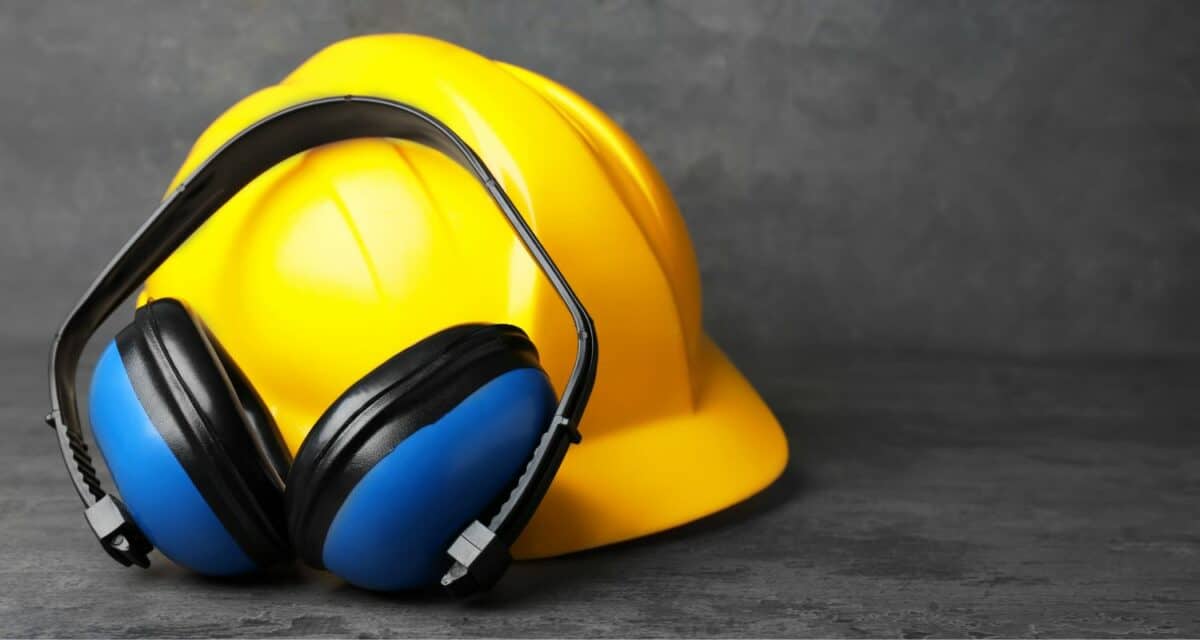- Volunteering for Hearing Health Causes - May 27, 2025
- Questions to Ask During Your Hearing Health Appointment - May 16, 2025
- Exploring Alternative Therapies for Hearing Loss - May 6, 2025
When we think of hearing loss it is often associated with old age, when in fact, it can affect people of all ages. While age is one of the greatest risk factors for hearing loss, exposure to noise is close behind affecting many people still in the workforce. The National Institute for Occupational Safety and Health (NIOSH) estimates that 30 million U.S. workers are exposed to noise levels high enough to cause irreversible hearing loss and it may be professions you may not suspect. While its elevated risks of hearing loss are assumed in work environments such as construction manufacturing and mining, noise induced hearing loss is also common in agriculture, nightclubs and even in busy offices making hearing loss one of the most common work-related health conditions in the US.
Noise Induced Hearing Loss
The sounds in our life inform us about our environment, keeping us alert to our surroundings as well as help us communicate to the people around us. However, as sound levels rise, they can create sound waves so severe that they damage the tiny hairlike cells of the inner ear. This can cause them to vibrate against the cell membranes which hold them—leading to damage or total destruction and hearing loss. While we collect sound with our ears, it’s these cells which complete the process of hearing by sending the sounds to the brain. It may not happen at once, but even mind depletion of the cells in our inner ear can lead to less awareness of surrounding sounds and decreased awareness in conversations.
Understanding Dangerous Decibels
The pressure of sound or volume is measured in decibels (dBA) and any decibel level over 85 dBA for eight hours or more can damage the cells of the inner ear, leaving lasting and irreversible hearing damage. However, as the decibel levels continue to rise, the time it takes for damage to occur shrinks quickly. For every increase of three decibels, the exposure time till permanent damage is cut in half. At 88 dBA it takes 4 hours till damage is a risk and at 91 dBA it only takes 2 hours.
Hearing Damage at Work
It is important to be aware of the decibel levels in your place of employment. While any employer with 12 or more employees is mandated to monitor sound levels in the workplace and provide hearing protection to employees at no cost of their own, it is often up to us to monitor sound level risk and make sure we wear our hearing protection diligently and correctly. At high levels of exposure damage can occur in 15 minutes to seconds so acting preventatively is key.
OSHA (Occupational Safety and Health Administration) sets legal limits on noise exposure in the workplace which are based on a worker’s time weighted average over an 8-hour workday. OSHA’s permissible exposure limit (PEL) is 90 dBA for all workers for an 8-hour day well over the safe listening levels, so even when noise is being monitored, hearing protection is a must in many job sites.
An Unassuming Risk
Statistics from the Center for Disease Control and Prevention (CDC) identify hearing loss and tinnitus as very common health conditions, despite efforts to minimize the impact. Hearing loss in the workplace due to noise can often develop slowly over years, meaning it often goes undiagnosed. The brain rationalizes the loss—however just because people don’t realize there is a hearing issue does not mean that the impact isn’t apparent. Untreated hearing loss can impact our ability to be alert on the job and receive clear instruction and communication. This can increase the risk of accidents and injury at work as well as mistakes due to communication issues.
Far too often people with hearing loss due to sound exposure on the job are less likely to receive raises and promotions due to high instances of mistakes.
Being Proactive around Hearing Loss
While hearing loss is permanent, it can be treated using hearing aids. Studies show that workers who treat their hearing loss have higher chances of success at work that put them on an even playing field with those with normal hearing. If you have been struggling with communication issues at work, we recommend testing your hearing now. With the results of a hearing exam we can help you find solutions to help you thrive at work and every other aspect of your life. Contact us today to schedule a hearing exam with us.

